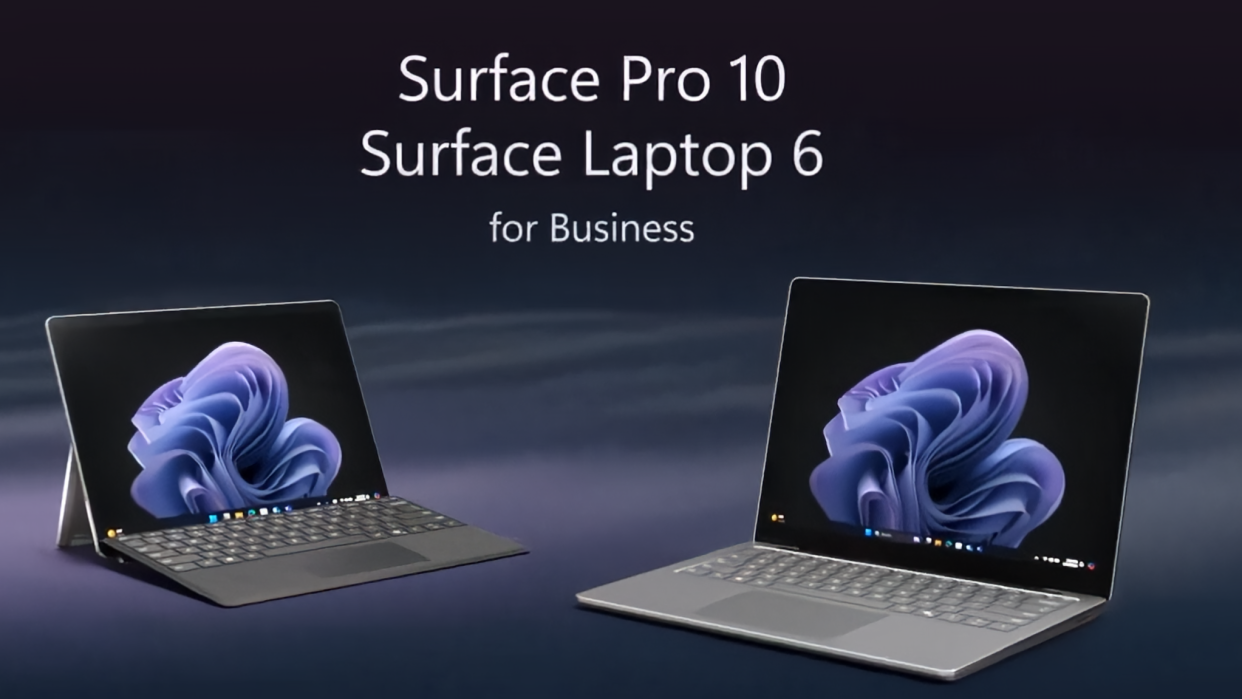Microsoft's newly-unified Windows and Surface Team gets a new head — restructuring and AI in Redmond

Microsoft announced that Pavan Davuluri will be the new Windows and Surface team lead, following the unification of the previously-separate Windows and Surface teams under the new "Windows + (Surface) Devices" umbrella [h/t The Verge].
Pavan Davuluri has worked at Microsoft since 2001 and has been Corporate VP for the past three years, so the position seems a natural fit— especially since he's been managing the Surface team since 2015. Davuluri was responsible for Microsoft's prior work with AMD and Qualcomm for custom Surface CPUs, which makes him an easy MVP of the established Surface team.
Earlier this week, Microsoft announced two new Surface laptops, both with integrated Copilot AI assistant keys. These Surface laptops, Surface Pro 10 and Surface Laptop 6, had their announcement posted by Davuluri on Twitter, just days before he was revealed as the new Windows + Devices team lead at Microsoft.
Part of what reportedly drove this reorganization at Microsoft was its hiring of Google DeepMind co-founder Mustafa Suleyman for the new Microsoft AI team. The assembly of a dedicated AI team also aligns with previous reports of Microsoft developing its own networking gear for AI datacenters.
A memo posted by Rajesh Jha, Executive VP at Microsoft, states, "We are bringing together the Windows Experiences + Devices (E+D) division. This will enable us to take a holistic approach to building silicon, systems, experiences, and devices that span Windows client and cloud for this AI era. Pavan Davaluri will lead this time and continue to report to me. [...] The Windows team will continue to work closely with the Microsoft AI team on AI, silicon, and experiences."
It seems as though every major tech company is now busy talking about AI and how it will reshape their company, products, and the world around us. Nvidia has raked in billions over the past year selling its Hopper H100 and now H200 GPUs. It recently revealed the Blackwell B200 family, which ups the ante for AI training and inference yet again. The AI PC aims to democratize access to AI-powered tools and applications, supplemented by processing at the data center level.
Intel is working closely with Microsoft and others to push the AI PC narrative, with developer workshops and a renewed emphasis on building customized experiences. The hope is to sell more hardware and drive new PC experiences, powered by a combination of CPUs, GPUs, and NPUs — neural processing units.
As Microsoft, Intel, and others continue trying to push forward the era of "The AI PC", it seems paradigm shifts are necessary at the big tech companies. The unification of the Windows and (Surface) Devices teams at Microsoft will hopefully benefit both Windows as an operating system and future Surface devices as the pro-ready machines they're meant to be — but only time can determine Microsoft's success, here.

